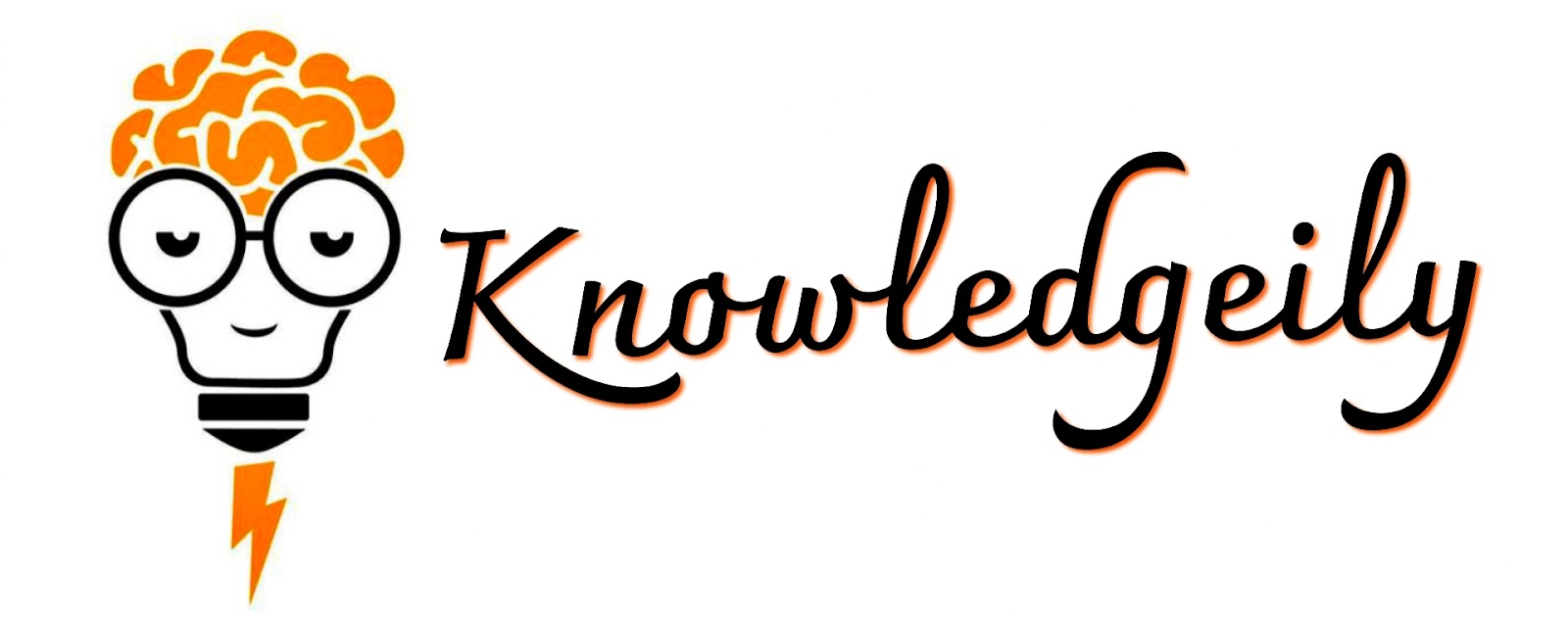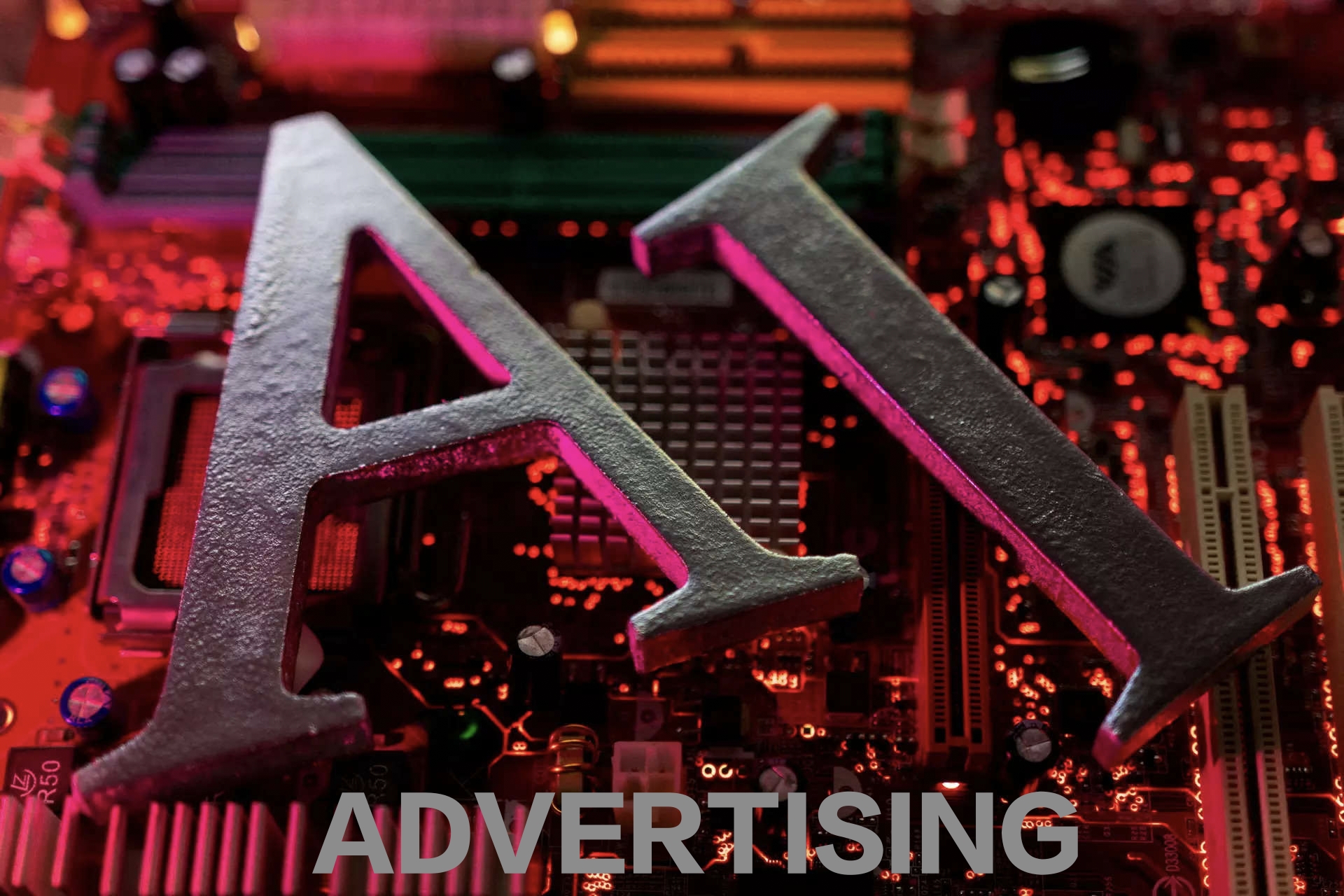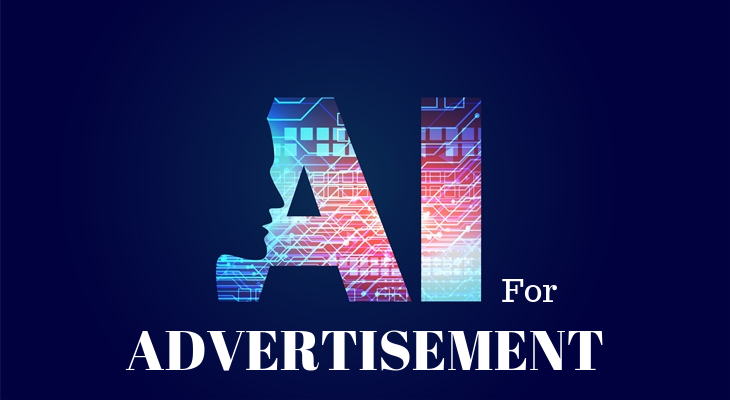Navigating the AI Advertising Revolution: Why Industry Titans Embrace Generative AI Amid Security Concerns
Summary: Global
giants like Nestle and Unilever embrace generative AI advertising
innovation, aiming for cost efficiency and limitless creativity. Yet, security
fears persist, as AI-generated content walks a fine line between ingenuity and
potential bias.
In the ever-evolving landscape of advertising, a profound shift is underway as global giants like Nestle, Unilever, and Oreo's parent company, Mondelez, venture into the realm of generative artificial intelligence (AI). This technological leap holds the promise of revolutionizing advertising campaigns, driving efficiency, and redefining creativity.
While the
allure of cost-cutting and increased productivity drives this transformation,
concerns loom large—ranging from security risks to unintended biases. In this
brave new world, human ingenuity remains an essential safeguard against the
potential pitfalls of AI.
Generative
AI, the art of crafting content based on historical data, has ignited
excitement across industries. From shaping text to images and code, it goes
beyond conventional AI, becoming an engine of imaginative production. The
intrigue surrounding generative AI stems from its potential to reshape
advertising strategies, yielding faster, cost-effective, and virtually
limitless ways to showcase products to the world.
Subscribe our WhatsApp channel Click to join
Enterprises
like WPP, the world's largest advertising agency, are at the forefront of this
revolution. Collaborating with brands such as Nestle and Mondelez, WPP's CEO
Mark Read envisions seismic changes in advertising. He speaks of producing
commercials virtually, transcending the need to send film crews around the
globe.
AI Advertising Cadbury initiative in India
By tapping
into AI's capabilities, WPP has unlocked groundbreaking campaigns, as evidenced
by the AI-driven Cadbury initiative in India. The campaign, featuring Bollywood
icon Shah Rukh Khan, generated a staggering 94 million views across social
media platforms, unleashing an unprecedented cascade of brand engagement.
Amid this
transformation, the amalgamation of human creativity with AI's prowess remains
pivotal. As Nestle's Global Chief Marketing Officer Aude Gandon explains, the
software answers campaign briefs with brilliant concepts, which are then
refined by human creatives, culminating in compelling content. However, this
synergy comes with a caveat: the balance between innovation and security.
Read Also:
While their
AI technology crafts product descriptions and visual content, the pursuit of
ensuring that AI models avoid perpetuating stereotypes is paramount. Unilever's
Aaron Rajan underscores the importance of preventing biased outputs that could
inadvertently perpetuate gender or racial stereotypes, reaffirming the
necessity of human oversight.
Beyond
security concerns, the ethical terrain of AI-generated content raises intriguing
questions. Does AI output possess a semblance of human creativity, or is it an
evolved form of curation? While scholars and lawmakers grapple with these
debates, advertisers have boldly integrated AI into their campaigns.
WPP's
DALL-E 2-generated ad for Nestle
The Dutch
Rijksmuseum's X-ray unveiling of a hidden masterpiece found an echo in WPP's
DALL-E 2-generated ad for Nestle's La Laitière yogurt. This innovation, while
generating substantial media value, raises the intriguing prospect of
AI-infused creativity, blurring the lines between human ingenuity and
artificial innovation.
The
industry's journey into AI is a twofold trajectory. Some leap into AI's
embrace, eager to exploit its potential to the fullest, while others approach
with cautious experimentation. Martin Sorrell, advertising visionary and
founder of WPP, discerns these two camps. Those who immerse themselves fully
and those who dip a toe in the waters of AI experimentation, each forging paths
in a dynamic landscape.
As the
curtain rises on this AI-advertising synergy, a fundamental rule remains clear:
safeguard what you share with AI as you would your most cherished confidences.
Ben King, VP of customer trust at Okta, echoes this sentiment, urging
discretion and care in the AI-human dialogue. The seamless blend of AI's prowess
and human creativity has set the stage for a new era in advertising.
Subscribe our WhatsApp channel Click to join
Read Now:











Post a Comment